Somewhere between rotary phones and home-cooked dinners, we picked up a set of manners that stuck with us for life. They weren’t taught through lectures or online courses—they were woven into everyday life, reinforced by parents, neighbors, teachers, and even sitcoms. These habits weren’t about being fancy—they were about showing respect, being thoughtful, and treating people like they mattered. Today, many of these simple gestures have faded from the spotlight, but for those who grew up with them, they’re still second nature.
1. Saying “Yes, Sir” and “Yes, Ma’am”
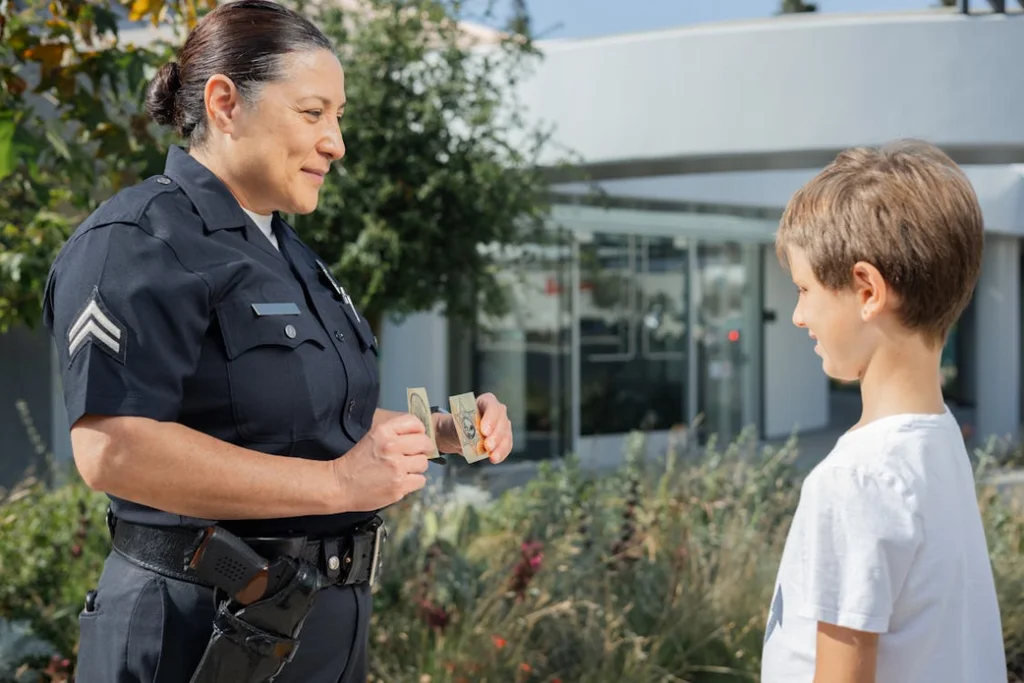
Back then, we didn’t just say “yeah” to grown-ups. We answered with a crisp “yes, sir” or “no, ma’am,” not because we were in the military, but because that was just good upbringing. It didn’t matter if you were talking to a teacher, a neighbor, or the mailman—respect was in the phrasing. As CNN notes, some formally respectful terms from the past have since developed negative connotations among today’s audience.
Even if we rolled our eyes when our parents weren’t looking, we knew better than to leave out the title. These words weren’t about formality—they were about acknowledging someone’s place and age. It set a tone of courtesy that was expected, not optional.
2. Holding the Door for Others
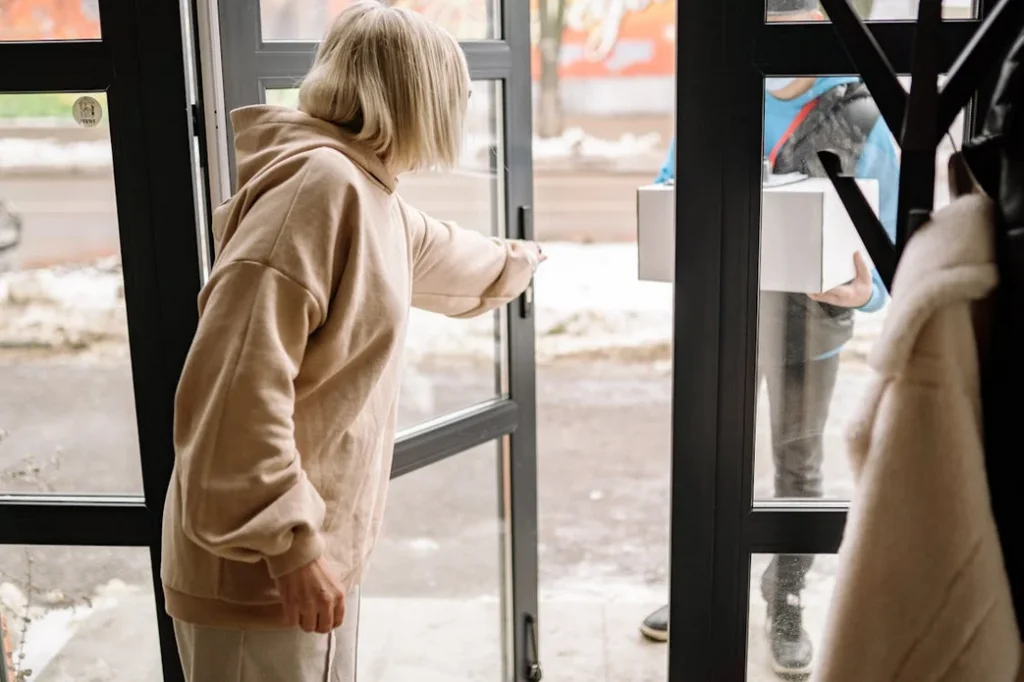
Whether you were a kid or a grown-up, you held the door open if someone was behind you. No one had to teach it as a rule—it was just something you did out of decency. If you let it slam shut, you were bound to hear about it from someone nearby. The Guardian reported on a study that suggested holding the door open was actually full of complexity and intrigue.
Holding the door didn’t depend on gender or strength—it was about being aware of the world around you. It made busy places feel a little more human. These days, it feels like folks are more likely to hold their phones than a door.
3. Writing Thank-You Notes
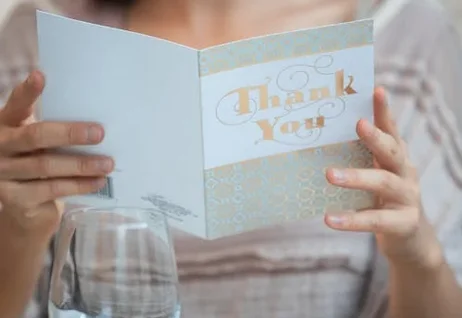
After birthdays, holidays, or graduations, out came the stationery and pens. We’d sit down—usually at the kitchen table—and handwrite thank-you cards to relatives or family friends who sent gifts. It didn’t matter if it was a sweater or five dollars tucked in a card—you acknowledged it. For those hoping for some inspiration, Postable has some ideas for what to put in such a note.
The process taught us patience, gratitude, and penmanship. And you didn’t dare send a card without at least three full sentences. Today, a text might suffice—but there was something special about seeing your own handwriting say thank you.
4. Greeting Guests at the Door

When company came over, you didn’t keep playing your game or hide out in your room. You got up, greeted them, and usually offered to hang up a coat or grab a drink. Parents didn’t even have to ask—it was just part of being raised right.
It taught us that guests should feel welcome and acknowledged. We weren’t running restaurants, but we knew the value of making someone feel at home. Now, it’s more common to send a quick “just come in” text—no doorbell needed.
5. Asking to Be Excused from the Table
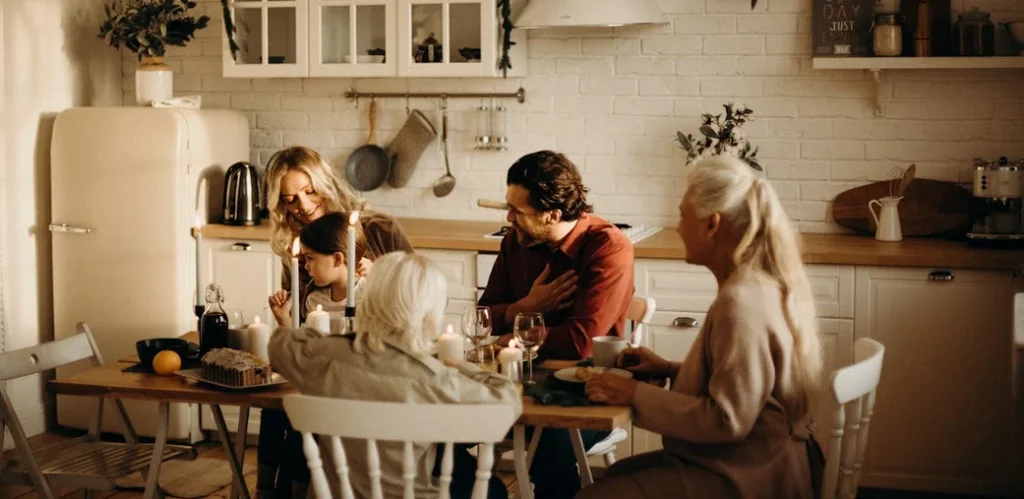
You didn’t just vanish from dinner. You waited for a natural pause and said, “May I be excused?” It was a small phrase, but it signaled respect for the meal, the people, and the effort that went into it.
Even if you were finished first, you stayed put until you got the nod. It was about manners, but also about sharing time and not rushing through things. These days, meals often feel more like pit stops than gatherings.
6. Standing When an Elder Entered the Room
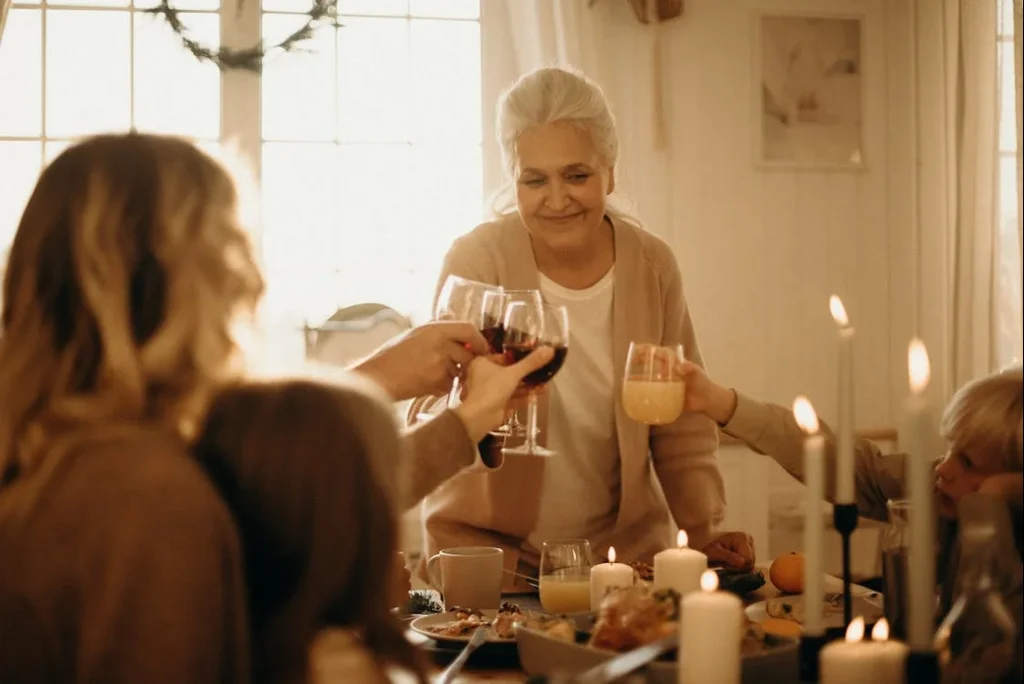
If Grandma walked in or the pastor came over, you stood up. It wasn’t to be showy—it was just what you did to acknowledge someone important or older. That small movement said, “I see you, and I respect you.”
Even at school or church, we were taught to rise when someone came in to speak or give a lesson. It was a physical cue that showed attentiveness. Now, we mostly stay seated—sometimes not even looking up.
7. Calling Adults by Their Last Name

It was always Mr. Thompson or Mrs. Ramirez—not “Jim” or “Karen.” Using someone’s last name wasn’t stiff or cold—it was a sign that you saw them as an authority figure or family friend worthy of respect. First names were reserved for kids or very close relations.
Some families even used “Miss” or “Uncle” before a first name to keep things warm but still proper. It added a layer of boundary that taught us how to address people differently depending on the relationship. That nuance is often lost in today’s super casual culture.
8. Not Interrupting Grown-Ups Talking
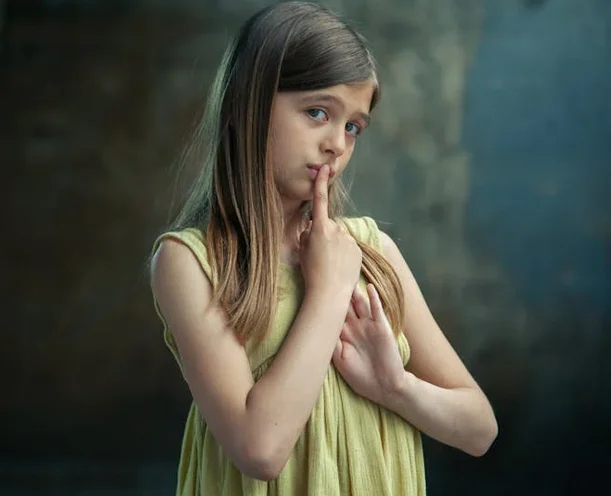
If two adults were talking, you waited your turn. You didn’t chime in unless you were spoken to, and if you did need something, you said “excuse me” and waited to be acknowledged. It took restraint—and a few reminders—but it stuck with us.
The rule wasn’t meant to be harsh—it was about learning that not everything revolved around us. It built patience and awareness. These days, it’s not uncommon to see conversations derailed mid-sentence by someone with a phone or a louder voice.
9. Dressing Up for Special Occasions
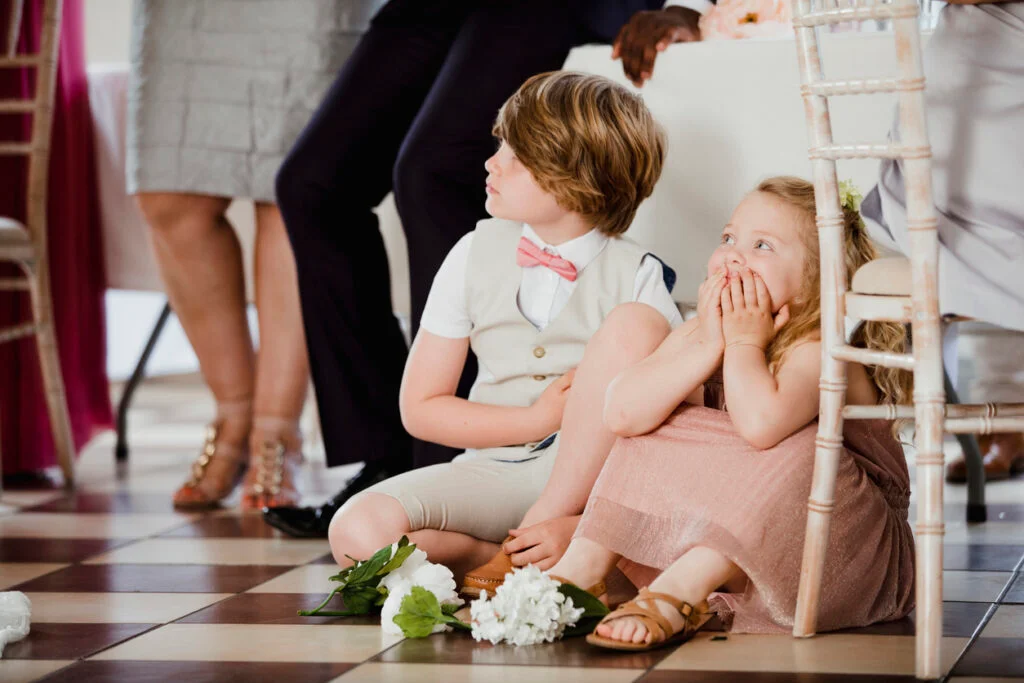
If you were going to church, a wedding, or even just Sunday dinner at Grandma’s, you put on your good clothes. Polished shoes, button-down shirts, and combed hair were all part of showing respect—not just for the event, but for the people there. Nobody had to tell us twice.
You didn’t need a designer outfit, just something clean and presentable. The idea was simple: show up like it matters. These days, even fancy occasions can look like a quick stop at the grocery store.
10. Saying “Please” and “Thank You” Without Prompting

These two words were drilled into us from day one. And not in a robotic way—using them was expected in every interaction, from dinner at home to asking a stranger for help. Forgetting them could earn you a pointed look or a gentle reminder in front of everyone.
They weren’t just words—they were tools that opened doors and showed appreciation. They taught us how to interact with grace. It’s amazing how powerful they still are, even when so rarely used.
11. Sending Guests Home with Something

Whether it was leftovers, a baked good, or even a hand-me-down, guests rarely left empty-handed. Moms would pack a plate, wrap it in foil, and press it into your hands before you made it to the car. It was hospitality in motion.
The idea wasn’t just about food—it was about generosity and looking after one another. It was a final act of warmth that made every visit feel special. Now, people often leave with just a handshake and a parking lot wave.
12. Keeping Your Elbows Off the Table

This was one of those classic dinner table rules that felt silly until you got older and realized its roots in poise and attentiveness. You sat up straight, kept your elbows in, and tried to look like you belonged at the table—not like you were flopped over a lunch tray. It was basic posture, sure, but it was also part of being respectful.
It may have started in etiquette books, but it lived on in dining rooms across the country. Parents passed it down like a torch, correcting you with a smile and a nudge. These days, dining is more casual, and you’re lucky if everyone even sits at the same table.
13. Cleaning Up Without Being Asked
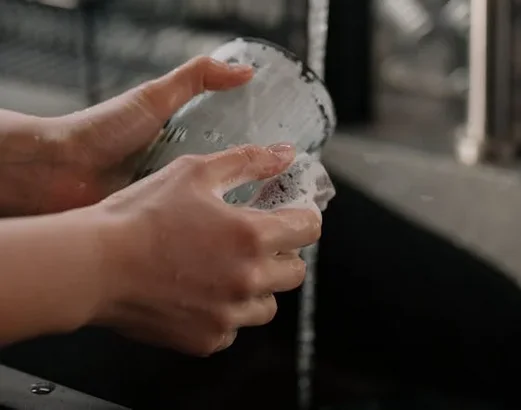
Whether it was clearing your plate, wiping the table, or helping with dishes, you pitched in. It didn’t matter if you were the guest—you looked for a way to help out. It wasn’t about being perfect; it was about pulling your weight.
We learned that contributing was a form of respect, not a burden. And it felt good to be part of something, even if it was just washing salad bowls. Today, that habit of quietly jumping in seems to be a rarer sight.
These lessons may not have come from a textbook, but they shaped how we moved through the world. They taught us to notice others, to show appreciation, and to treat each moment—and each person—with a little more care. While some of these manners may feel old-fashioned now, they still hold the power to bring warmth, grace, and dignity back into everyday life. And truth be told, the world could use a few more of them.


